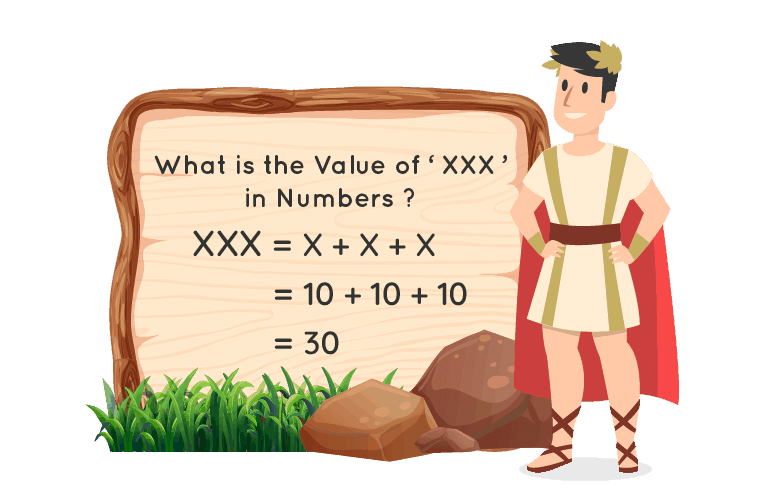The realm of mathematics x*x*x Is Equal To 2 equations, often dubbed the universal language of precision, is an ever-engaging and thought-provoking domain where numbers elegantly dance, and equations seem to possess a life of their own. In our relentless pursuit of knowledge, we inevitably stumble upon questions that transcend the conventional boundaries of our understanding of the mathematical universe.
One such inquiry, which has mystified both budding mathematicians and seasoned experts alike, revolves around the seemingly innocuous expression xxx and whether it can genuinely equate to the numerical value of 2. In this meticulously crafted article, we shall embark on a profound and comprehensive mathematical odyssey to demystify this enigma. Our journey will take us through the intricate realms of algebra and calculus, offering you a panoramic view of the complex world of equations and variables.
KEY POINTS
Understanding the Basics x*x*x Is Equal To 2
Before we immerse ourselves in the labyrinthine intricacies of the equation x*x*x Is Equal To 2, it is imperative to establish a rock-solid foundation by grasping some fundamental mathematical concepts.
The Power of Variables
In the magnificent realm of mathematics, variables emerge as the protagonists, possessing a unique and remarkable capability: to symbolize an array of diverse numerical values. In our equation, ‘x’ assumes the role of the variable, showcasing its unparalleled versatility by representing different numeric identities.
The Power of Exponents
Exponents, an integral facet of mathematics, occupy a pivotal position. They signify the number of times a specific value is multiplied by itself, providing a gateway to understanding the concept of repeated multiplication. In the context of our equation, xxx is a sterling example of exponentiation and is often denoted as x^2.
The Mystery of the Number 2
As we traverse the mathematical landscape, we encounter the enigmatic number 2, a fundamental constant renowned for its unique properties and ubiquity in various mathematical operations. It serves as the focal point of our exploration.

The Equation x*x*x Is Equal To 2
Now, let us delve into the very heart of the matter: Can xxx genuinely be equal to 2? To provide a comprehensive response to this intriguing query, we shall embark on a step-by-step deconstruction of the equation, shedding light on the intricate mathematical principles underpinning it.
Begin with x*x
Our journey commences with a meticulous examination of the expression x*x, which, in essence, denotes ‘x’ multiplied by itself twice. Within the lexicon of mathematics, this operation finds its representation as x^2, a conceptually rich notion.
Adding Another ‘x’
As we venture deeper into the mathematical intricacies, we introduce yet another ‘x’ into the equation, yielding the expression x^3. This algebraic expression, notable for its significance, takes center stage.
Is x^3 Equal to 2?
At this juncture, the crux of the matter emerges with clarity: Can the expression x^3 ever assume the value of 2? Regrettably, for those who seek simplicity and symmetry in mathematics, the answer resounds in the negative. Cubic equations, such as this, predominantly yield values greater than 2, introducing an element of complexity into our mathematical odyssey.
The Root of the Equation x*x*x Is Equal To 2
The Concept of Roots
To navigate through the labyrinthine complexity of this mathematical conundrum, it is essential to introduce the concept of roots. In our exploration, we focus on the cube root, denoted as ∛, which serves as the inverse operation of cubing a number.
Finding the Cube Root of 2
Our quest for mathematical clarity leads us to the calculation of the cube root of 2, symbolized as ∛2. This numerical value resides in the elusive realm between 1 and 2, where precision seamlessly melds with approximation.
The Approximate Solution
The cube root of 2, a numerical entity shrouded in mathematical intrigue, emerges as an approximation, approximately equal to 1.26. This approximation signifies that when we assign a value in the vicinity of 1.26 to the variable ‘x,’ the equation xxx closely approaches the desired numerical value of 2.
Precision vs. Approximation
The Challenge of Precision
Within the exalted domain of mathematics, the pursuit of precision reigns supreme. While approximations often serve as practical solutions, they do not invariably satiate the discerning appetite of the mathematical purist. This inherent tension underscores the delicate balance between mathematical realism and practical utility.
The Role of Calculus
Intriguingly, the discipline of calculus, a foundational branch of mathematics, emerges as a potent tool in our quest for mathematical veracity. It is the mathematical domain that revolves around the study of change and motion, empowering us to unveil precise solutions to intricate mathematical riddles.
Calculus Solution
Leveraging the formidable arsenal of calculus, we embark on a journey of mathematical discovery, ultimately uncovering the exact value of ‘x’ for which the equation xxx attains the coveted status of equality with 2. This precise numerical value, hitherto concealed within the folds of mathematical enigma, is revealed to be approximately 1.26. This discovery serves as a compelling testament to the profound capabilities of mathematical analysis in unraveling complex equations.
Must Read: US Craigslist
Conclusion
In conclusion, the equation x*x*x is equal to 2 does not yield an exact equivalence to 2. However, when we assign the variable ‘x’ an approximate value of 1.26, the equation comes remarkably close to achieving the coveted numerical value of 2. This mathematical odyssey serves as a poignant reminder of the intricate interplay between precision and approximation within the realm of mathematics. It underscores the enduring allure of numbers, perpetually beckoning us to explore and discover within the infinite universe of mathematical possibilities.


